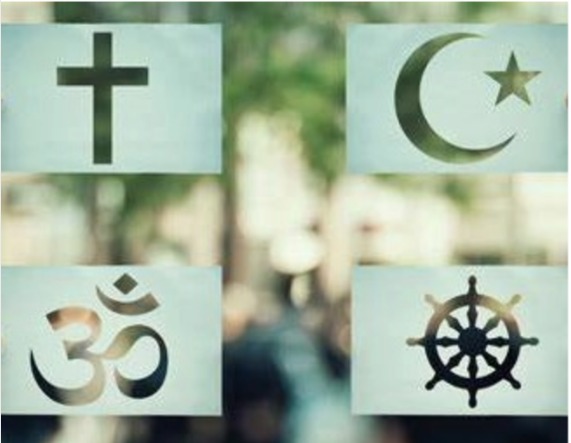– Mohd Naushad Khan
New Delhi, April 13: India is perceived as belonging equally to all its citizens, irrespective of their religious affiliations, according to a nationwide survey conducted by the Lokniti program. The survey revealed that 79% of respondents believe that India’s ownership extends to citizens of all religions, while 11% think it belongs solely to Hindus. About one in ten respondents did not express a clear opinion on this matter.
The survey found that a higher percentage of respondents aged 18 to 25 (81%) hold a pluralistic view compared to those aged 56 and above (73%). Similarly, individuals with a college education (83%) were more inclined towards the pluralistic viewpoint than those without formal schooling (72%).
A smaller proportion of Hindu respondents (77%) endorsed the pluralist perspective compared to Muslims (87%) and individuals from other minority religions (81%). Furthermore, residents of towns (85%) exhibited a higher inclination towards pluralism than city-dwellers (84%) and rural residents (76%).
Lokniti, conducted by the Centre for the Study of Developing Societies based in Delhi, carried out a pre-election survey among 10,019 respondents across 100 assembly seats in 19 states between March 28 and April 8. The survey results have been published in The Hindu.
Additionally, the survey highlighted that a significant majority of respondents (48%) believe that the construction of the Ram temple in Ayodhya earlier this year will contribute to the consolidation of Hindu identity. Among Hindu respondents, those from upper-class (58%) and upper-caste (59%) backgrounds were most likely to support this notion.
Furthermore, the majority of respondents (27%) believe that the construction of the temple will foster harmony between Hindus and Muslims. However, opinions were divided, with 26% stating that it will have no impact and 24% indicating that it will exacerbate differences between the two communities. Notably, Hindu respondents (31%) were more optimistic about improved harmony, while Muslim respondents (32%) were more concerned about increased divisions.
The survey also addressed respondents’ views on a uniform civil code (UCC), with 52% expressing no opinion or lack of awareness about the UCC. Among those with an opinion, 29% believe that a UCC will empower and promote equality for women, while 19% expressed concerns that it might interfere with religious traditions.
Lastly, the survey highlighted changing perceptions of the Election Commission, with a declining level of trust compared to the 2019 elections. While a majority of respondents (58%) still expressed some level of trust in the Election Commission, the percentage of those with strong trust (28%) has decreased significantly. Additionally, there is growing skepticism about the vulnerability of electronic voting machines to manipulation by the ruling party, with 47% considering them somewhat likely to be manipulated.




